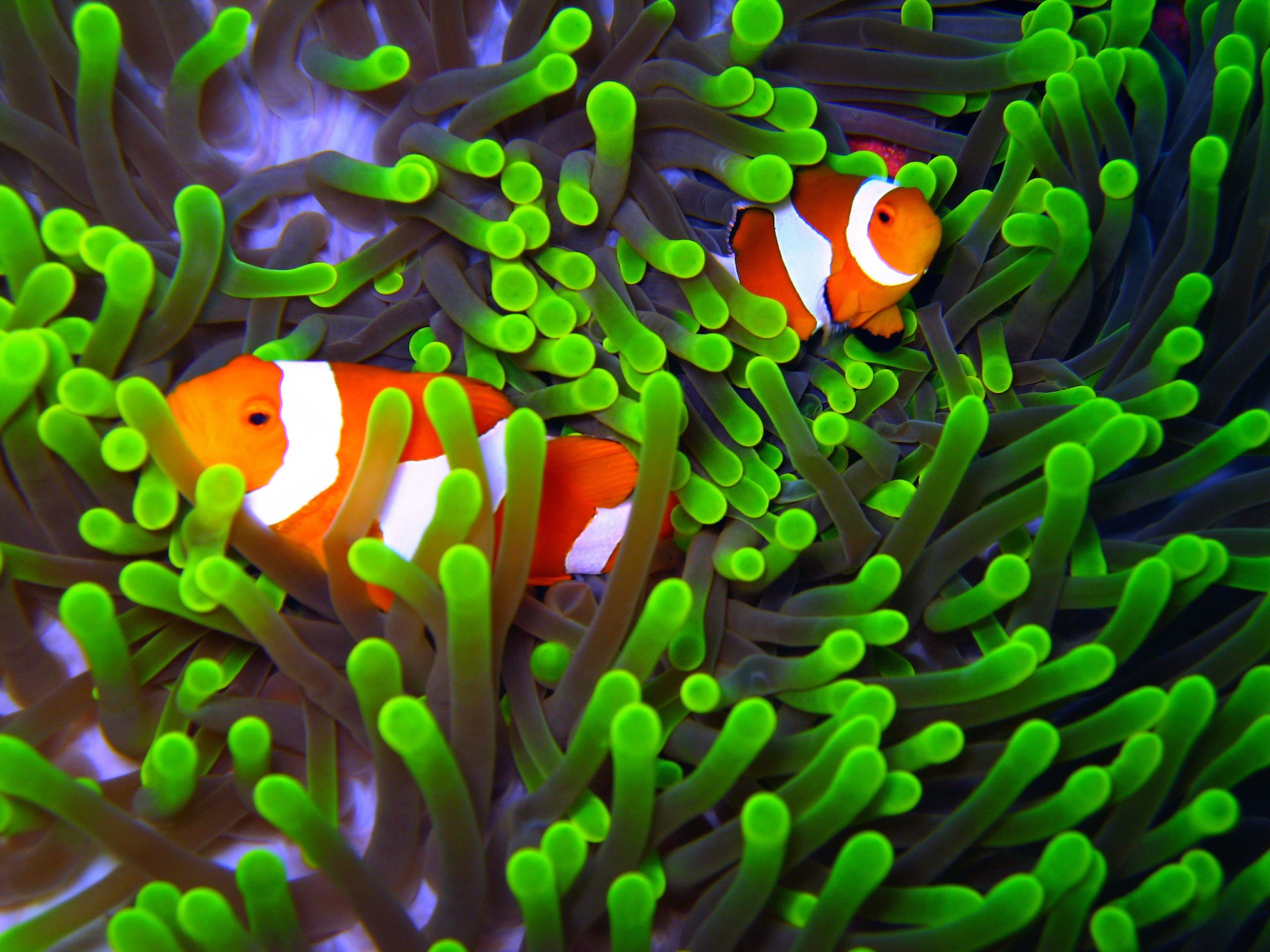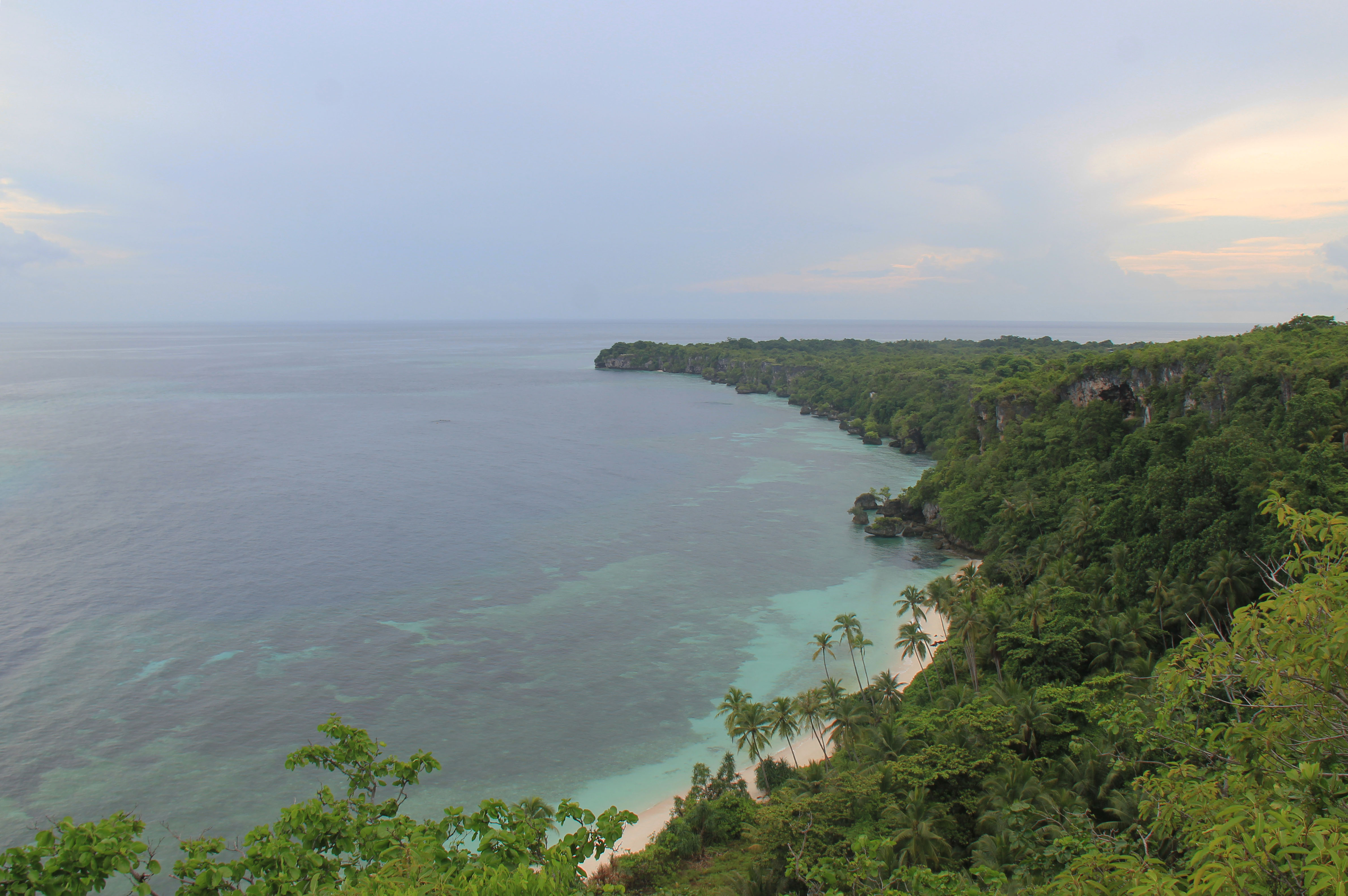YKAN collaborates with Wakatobi National Park Authorities, local government, and indigenous people to achieve sustainable development and conservation goals.

Wakatobi National Park
This 1.39 hectares of a conservation area is famous as a diving spot for its coral reef biodiversity. Wakatobi is also the habitat for various endemic birds.
YKAN was also involved in the formal acknowledgment of natural resources management by Customary-Law Indigenous People (Masyarakat Hukum Adat or MHA) in Wakatobi. The MHA has local regulations and wisdom inherited from generation to generation and has become the basis in utilizing natural resources sustainably. The MHA plays a role in strengthening MPA management by increasing the surveillance and conservation of natural resources in MPA in accordance with existing customary laws. Along with local communities, YKAN carried out several efforts to ensure that the MHA traditions are protected and acknowledged formally, such as by mapping indigenous lands in Barata Kahedupa and Kawati Tomia, ensuring the inclusion of the acknowledgment of MHA (Barata Kahedupa and Kawati Tomia) rights to manage natural resources sustainably under the Regent’s Regulation; and ensuring specified sustainable fisheries management for Ole fish (Stenatherina panatela) that contains important values to the locals.
YKAN, along with Wakatobi Regency Government, Wakatobi National Park Authorities, and local communities, conducted activities to increase awareness and education regarding ocean and coastal wastes. Those activities are waste identification in Kulati Village, Wakatobi through ocean waste characterization studies, capacity strengthening to recycle organic wastes into composts and nursery gardens, recycling plastic waste into fuel for fisher boats, and Environmental Education (Pendidikan Lingkungan Hidup or PLH). PLH conducted interactively has received local government supports and has been applied in the local curriculum of 18 elementary schools in Tomia Island. This program is a pilot for other programs that will be applied in YKAN’s other work locations.



